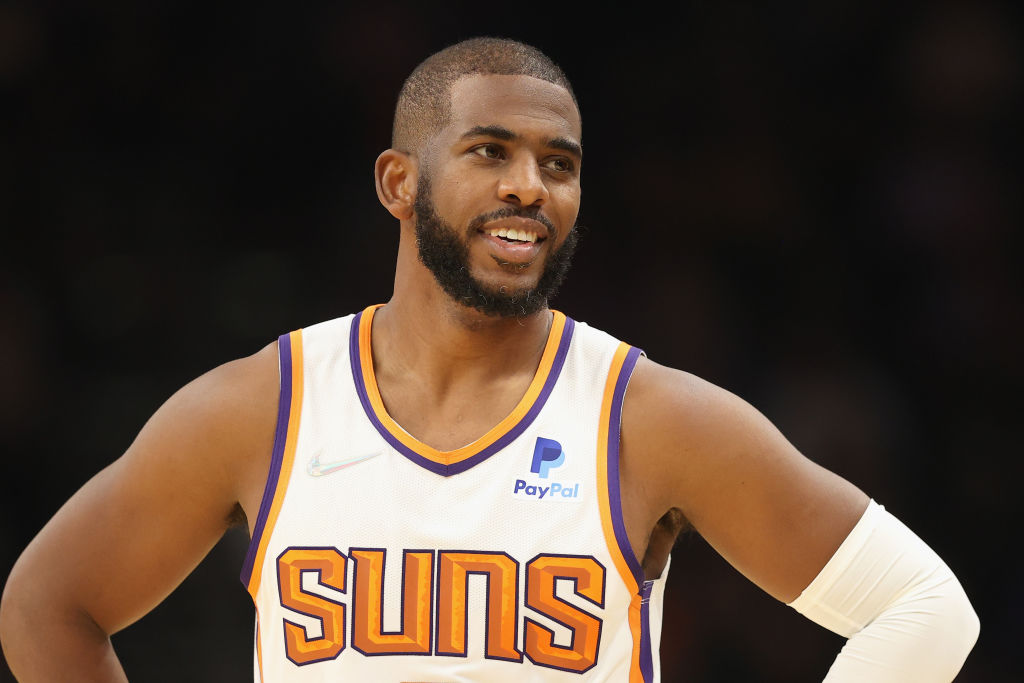
Source: Christian Petersen / Getty
Phoenix Suns guard Chris Paul made his first NBA Finals appearance last year in his 16th season in the league, at age 36, and he’s credited the move to a vegan diet for his uptick in performance. The 2006 Rookie of the Year and 11x All-Star has now partnered with Koia, a Los Angeles-headquartered company that exclusively manufactures plant-based beverages, to promote the benefits of a vegan lifestyle to HBCUs.
“We are thrilled to partner with Chris Paul because he’s an exceptional human being on and off the court, embodying the power of plant-based nutrition,” said Chris Hunter, Co-founder, and CEO of Koia. “We are aligned with Paul around a vision of the future where everyone has access to healthy food and look forward to working together to make that a reality.” As such, Paul promised to buy 50,000 bottles of the company’s Straw-nana Dream Smoothie for customers across the country in a bid for better health.
Paul recently spoke with numerous outlets about why he worked with Koia on this initiative, the discrepancy in food quality between different U.S. neighborhoods, and the reason for his focus on HBCUs. However, he took time to go in-depth with Upworthy, a company “dedicated to positive storytelling.”
“Koia had a lot of the same values that I have, and my team has,” Paul told Upworthy. “They’re all about educating people and still having a great product. Whenever you partner with any company, besides the health benefits and the quality of the product, you hope your values align. And while we talk about sales, you also want to be able to make real change and educate people along the way.”
Paul wants to use vending machines as a way to introduce Black and brown individuals to plant-based drinks. But when asked why he locked onto those populations first, Paul wasn’t shy. “Because it’s part of my DNA anyway,” he said, “as everyone from my family went to an HBCU, except me, so, we started wearing clothes from different HBCUs, talked to different designers. In the process, I started learning more about how these schools started. When you dive into and start understanding that HBCUs were created because Blacks were not allowed to attend primarily white institutions, you dig deeper and realize a lot of the HBCUs are folding because they don’t receive the proper funding.”
















